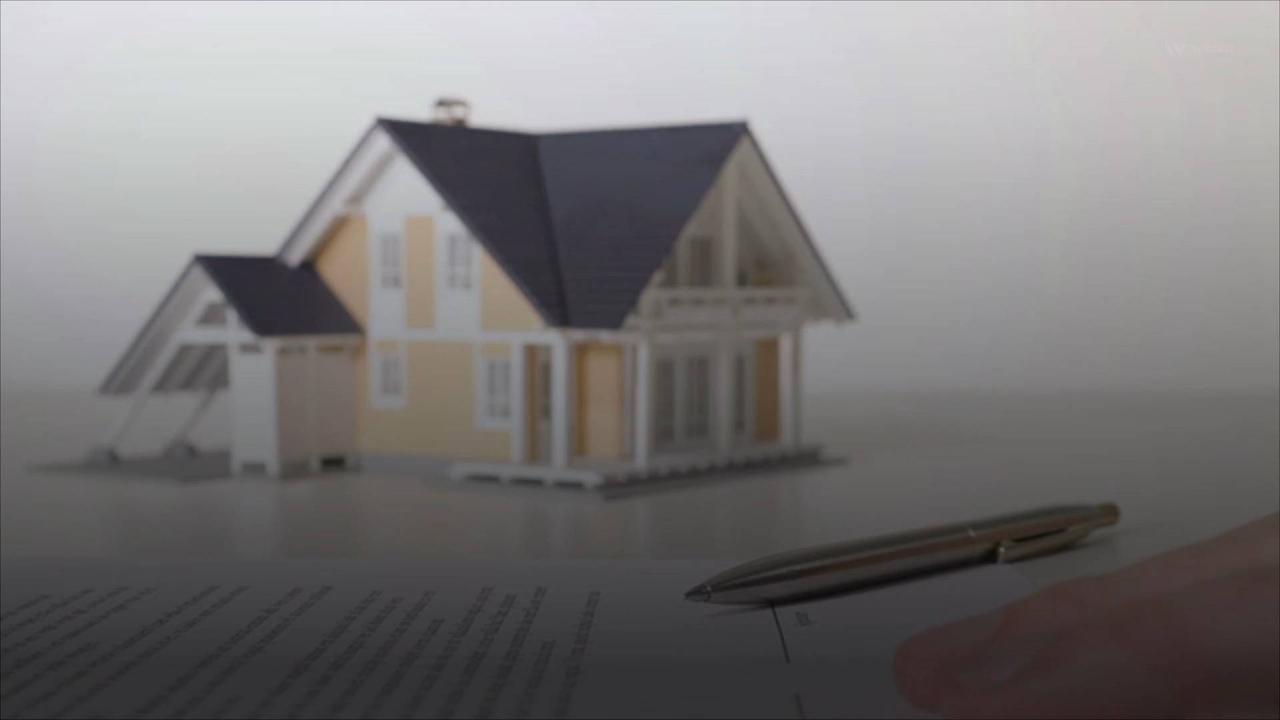
Mortgage Rates , Reach Over 7%.
In early August, the 30-year mortgage rate soared to 7.09%, according to the Mortgage Bankers Association.
Historic data from Freddie Mac indicates that's been the highest rate since 2002.
Rates aren't expected to decrease in the near future, CBS News reports.
.
[Mortgage rates] are about twice as high as they were during the pandemic.
So owing to that, buying a house, even if prices stay the same or fall, is much more expensive in most circumstances because rates are so much higher.
, Jacob Channel, LendingTree senior economist, to CBS MoneyWatch.
Two main factors have reportedly contributed to rising rates.
They are the Federal Reserve's continued interest rate hikes and "Fitch Ratings' downgrading of U.S. debt," CBS News reports.
.
They are the Federal Reserve's continued interest rate hikes and "Fitch Ratings' downgrading of U.S. debt," CBS News reports.
.
When that happens, people can panic and sell bonds, interest rates have to go up, so mortgage rates follow, Jacob Channel, LendingTree senior economist, to CBS MoneyWatch.
Experts say that over the next few weeks, homebuyers should anticipate rates to fluctuate.
.
They are often volatile on week to week basis.
Generally speaking, they don't stay flat, they are often moving up or down, Jacob Channel, LendingTree senior economist, to CBS MoneyWatch.
Buyers shouldn't expect a ton of relief.
They should expect mortgage rates to remain relatively steep, in the 6% to 7% range.
But just because they've risen over last few weeks doesn't mean they'll keep rising in perpetuity.
, Jacob Channel, LendingTree senior economist, to CBS MoneyWatch





